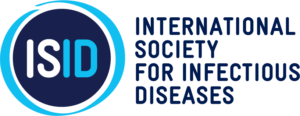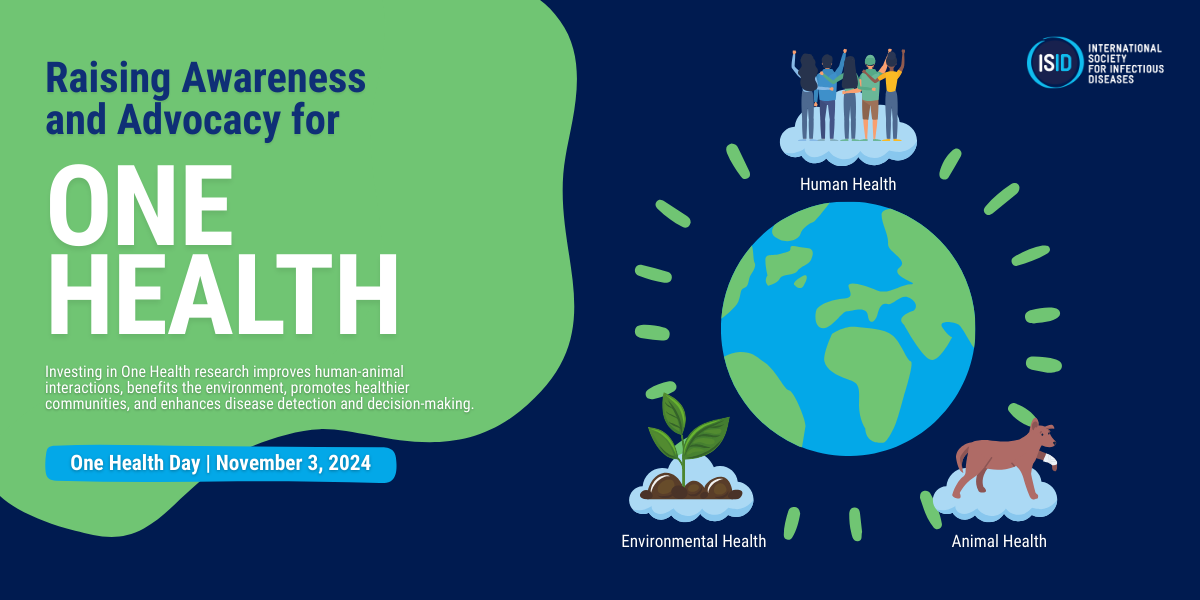Human, animal, and environmental health are inextricably linked in today's globalized society. This interconnection is acknowledged by the One Health concept, which advocates for a comprehensive understanding and management of health conditions. One Health highlights the necessity of cooperation across sectors and specialties to safeguard the health of all living things, from zoonotic diseases to antimicrobial resistance (AMR). One Health helps to identify and address these diseases more efficiently by promoting collaboration among veterinarians, physicians, environmental scientists, and other stakeholders. The emergence of diseases such as COVID-19 has underscored the critical necessity for a thorough strategy that extends beyond simply responding to outbreaks and instead aims to prevent them entirely. One crucial aspect of the One Health approach is understanding the impact of environmental factors on human and animal health. The environment plays a significant role in shaping the health outcomes of both humans and animals. Furthermore, climate change can alter ecosystems, impact wildlife behavior and distribution, and raise the risk of disease outbreaks. Outbreaks may result in higher healthcare costs, loss of productivity, and disruption to trade and tourism. Improving the understanding of zoonotic diseases and creating effective strategies for prevention, early detection, and control are crucial aspects of implementing the One Health approach. The classic example of Ebola virus outbreaks in Africa that were traced back to interactions between humans and animals, as well as the recent COVID-19 pandemic, emphasize the interdependence of human and animal health.
The One Health approach prioritizes protecting human health. Studying zoonotic diseases and understanding where they come from helps us predict, prevent, and manage potential outbreaks more effectively. Strengthening healthcare systems, improving disease surveillance, and investing in research are essential aspects of the One Health Pillar. In the One Health approach, animal health is ethically important and plays a pivotal role in protecting human health. Zoonotic diseases can cause severe effects on public health and also lead to significant economic consequences. Antimicrobial resistance continues to pose a global health challenge, affecting humans, animals, and the environment. Poverty and inequality are the major contributing factors. It is estimated that in 2019, bacterial antimicrobial resistance directly caused 1.27 million deaths worldwide. AMR incurs substantial economic expenses. The World Bank predicts that AMR may lead to an extra US$ 1 trillion in healthcare expenses by 2050.

Raising awareness and advocacy for One Health is a key step towards promoting a holistic human and animal health approach. Outreach initiatives and instructional efforts are two ways to increase awareness. These initiatives can provide information about the interconnectedness of humans, animals, and the environment. A fundamental element of collaboration involves the exchange of data and information. Professionals in human health can provide significant insights regarding the patterns and effects of zoonotic diseases within human populations, whereas professionals in animal health can share their expertise on disease transmission and management. The sharing of information enhances the overall comprehension of diseases and supports the formulation of effective prevention and control measures. Although collaboration among professionals is crucial, it is also vital to engage the public regarding the significance of this approach.
The role of government and policy is essential in promoting and enhancing One Health initiatives. Governments have the authority to create and enforce regulations that influence public health practices and implement policies that promote collaboration among different sectors. Governments can facilitate the advancement of the One Health initiative by allocating financial resources to research and surveillance programs. Such financial investment is essential for understanding the complex interrelationships among human, animal, and environmental health, as well as for developing effective strategies to mitigate the risk of zoonotic diseases. Additionally, governments can establish regulations and recommendations that support the responsible use of antibiotics to combat the emergence of antibiotic-resistant bacteria.
Advancements in research and technology are significantly influencing the future of One Health. Scientists and researchers are increasingly using genomic sequencing and molecular diagnostics to detect and monitor infectious diseases. This enables faster and more precise identification of pathogens, leading to early interventions and the prevention of outbreaks. Additionally, the field of epidemiology is being transformed by the revolutionizing of artificial intelligence and big data analytics, allowing for improved prediction and modeling of disease spread, as well as the development of innovative vaccine techniques that can be used in both humans and animals. It is essential to promote and invest in research and technology that deepens the comprehension of the intricate dynamics of One Health. Such advancements offer a promising approach to prevention and response strategies, resulting in healthier communities and a more secure environment for humans and animals. Raising awareness about One Health is a holistic approach to improving the health of both humans and animals. This can shift societal perspectives towards sustainable practices, improve disease surveillance for early outbreak detection, and support timely decision-making.
Written by ISID Emerging Leader Fatima Aziz

